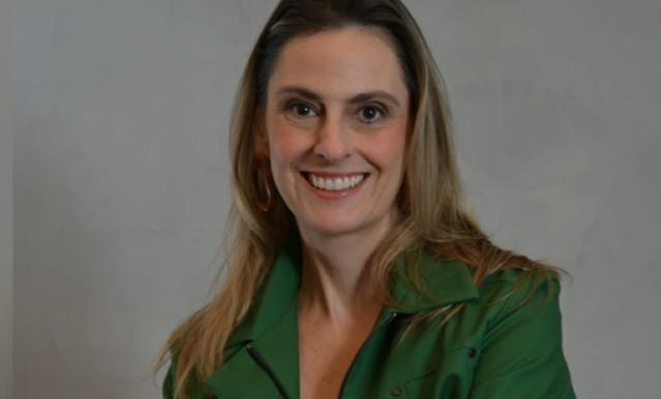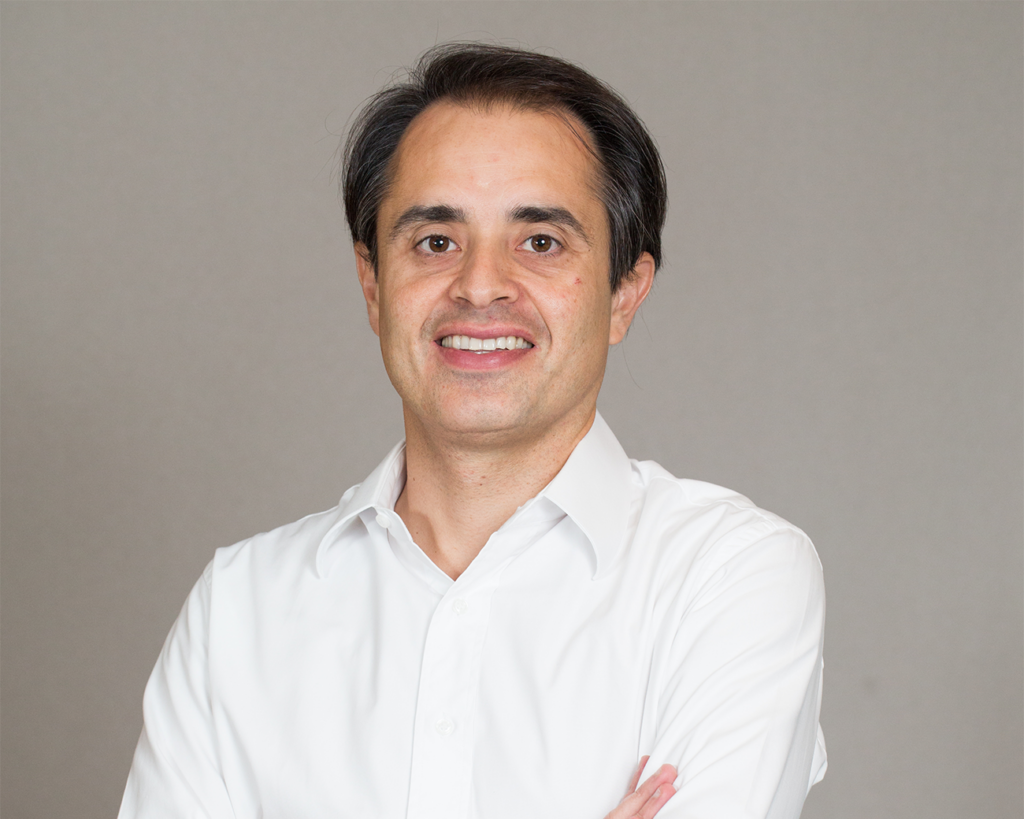Member Profiles
Luciana Antonini Ribeiro, eB Capital
21 February 2024

Executive: Luciana Antonini Ribeiro, Co-Founder and CIO
Member Name: eB Capital
Year Founded: 2017
HQ: São Paulo, Brazil
Offices: São Paulo, Brazil
AUM: USD1b
LAVCA: Since 2017, eB Capital has invested in opportunities aligned with structural gaps in Brazil. Can you provide concrete examples and share metrics that vividly demonstrate the thesis behind these investments? Please share examples from your portfolio that reflects the sectors and strategies you find most attractive in Latin America.
Luciana: When considering investments in Brazil, eB Capital looks into sectors and opportunities that are not dependent on GDP growth and are resilient to Brazil’s cyclical environment. A key element in attractive private equity deals is to identify sectors that have pent-up demand, which usually represents potential growth trends despite the country’s economic fluctuations. Brazil’s structural gaps represents these traits, encompassing sectors like internet access, education, healthcare and more.
In 2018, eB Capital invested in fiber to the home (FTTH). At the time, only 25% of the population had access to high-quality broadband. The incumbent players were focusing on other technologies, creating an open space for small players to provide much-needed services, particularly in secondary and tertiary cities in Brazil. eB began this thesis by investing in Sumicity, a FTTH company with around 100,000 subscribers at the time. Today, the platform has more than 1,600,000 subscribers, clearly impacting the communities it serves by providing high-quality broadband access.
Throughout Brazil’s economic cycles, the company’s results have thrived, demonstrating resilience. Sumicity (currently branded as Alloha) is Brazil’s largest independent FTTH player.
How does eB Capital respond to the evolving landscape of Brazil’s climate policy in its investment decisions? Could you elaborate on the targeted sectors?
Brazil’s natural resources and skills position the country as a green powerhouse. There is an immense pent-up demand for areas where Brazil can offer solutions for the domestic and global markets, primarily related to climate. Brazil can play a pivotal role in energy transition, critical minerals, biofuels, the carbon market, sustainable agribusiness and circular economy models. Climate policy can be an accelerator in this context.
Brazil has a remarkable 90% renewable power matrix, a goal some developed countries aim to achieve in the next two to three decades. With abundant clean energy, capacity to scale and lower prices, Brazil has become an interesting market for decarbonizing industries.
Like the industrial and digital revolutions, the green transition is now shaping, altering, or revitalizing businesses. Countries are adapting to this shift, not only due to climate concerns but also recognizing the broader changes in economies and geopolitics. For instance, in the US, the Inflationary Reduction Act reshaped the industrial landscape by injecting a large amount of money into the economy through subsidies. This initiative has significantly supported both the energy transition and overall economic growth.
Looking into these potential competitive advantages, in 2021 eB Capital launched its first private equity fund focused on climate opportunities – eB Climate I. Among the invested areas, circular economy plays a relevant role. A promising sector in the green transition, circular economy reduces greenhouse emissions and the use of natural resources. Recognizing the sector’s appeal, eB invested in Global Pet and Green PCR, both providing bottle-to-bottle plastic recycling. In Brazil, only 7% of all plastic is recycled and there is a huge gap between supply and demand. Demand for recycled plastic is a direct consequence of brand owners’ recycling goals – and therefore not tied to GDP. eB is creating the largest recycling platform in Brazil.
EB Capital has also launched an Energy Transition Fund in 2022. Can you detail what the opportunity here entails? How have you considered the market?
Globally, the most significant contributor to greenhouse gas emissions is energy. To solve the climate problem, several business opportunities arise – renewable energy and biofuels being some of them. Biofuels, an area where Brazil boasts long-standing expertise and high productivity, will play a fundamental role in the transition of heavy-weight transport, particularly aviation (via SAF) and maritime transport. With massive investments expected in these sectors in the coming years, Brazil holds a competitive advantage to excel in these fields. Additionally, in the biofuels sector, biogas (biomethane) has seen an annual growth rate of close to 30%.
Recognizing this potential, eB Capital launched its Infra’ Energy Transition Fund 1, which invested in Bioo, a biogas platform in Brazil. Brazil has substantial pent-up demand for natural gas, with almost 30% being imported. Biogas (and Biomethane) are viable alternatives to replace natural gas – it can be transported using the same infrastructure and prices are competitive. The European Union and the United States are significant biogas producers. However, Brazil’s current production is minimal and represents only 3% of its potential. Given Brazil’s status as a powerhouse in animal protein and grains, these sectors can serve as feedstock for biogas production. The potential for biogas development in Brazil is vast and serves as a pivotal pillar in the energy transition, contributing to the decarbonization of the energy matrix by substituting non-renewable fuels.
In the initial stage of the project, Bioo, eB Capital invested company, will establish three plants collectively generating 90,000 m3/day of biomethane. These plants will also produce CO2 and fertilizer for commercialization. Notably, the projects have the potential to generate carbon credits as well.
You may be interested in...
-

Cristiano Gioia Lauretti, Kinea Private Equity
Member: Kinea Executive: Cristiano Gioia Lauretti, Head of Private Equity HQ: São...
-

Maria Pia Iannariello, MGM Innova Capital
LAVCA recently spoke with Maria Pia Iannariello, Co-Founder & COO of MGM Innova Capital,...
-

Rafael Ramirez, Portfolio Manager, Alaska Permanent Fund Corporation
LAVCA recently spoke with Rafael Ramirez, Portfolio Manager– Private Equity &...
-

Johanna Posada, Founder & Managing Director, Elevar Equity
LAVCA spoke with Johanna Posada, Founder & Managing Director for Elevar Equity about the...